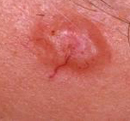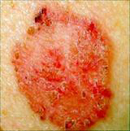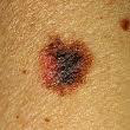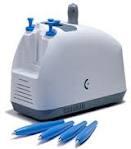
26850 Providence Parkway Suite #300, Novi, MI, 48374
Phone: 248.348.4200
Fax: 248.380.6457

Gavini Pediatric & ADHD Clinics26850 Providence Parkway, Suite 300, Novi, MI 48374 :: 248.348.4200www.ADHDclinic.com :: www.YourKidsDoctor.com |
|
|---|---|
|
Basal Cell Carcinoma Squamous Cell Carcinoma Skin CancerWhat is Skin CancerSkin cancers include melanoma, basal cell, and squamous cell.
|
|
|
Malignant Melanoma Signs and SymptomsThe symptoms of skin cancer may include a mole that
|
|
CausesBeing exposed to natural sunlight or artificial sunlight (such as from tanning beds) over long periods of time is the main cause of skin cancer. The sun is the cause of 90% of all skin cancers. The following are common risk factors:
|
|
|
Cryo Pen System TreatmentThe CyroPen is the best treatment option for non- recurrent basal cell skin cancerCyroPen: This is the state-of-the-art treatment modality that freezes the wart to -130F and kills the virus. The rods in the Helium cooled devise come in various diameters to suit various wart sizes. The Cryopen rod is applied to the wart 10 seconds to 3 minutes, depending on the thickness and toughness of the lesion. The freezing will cause a blister which may last for 3 to 5 days before it scabs. The scab will fall off within 2 weeks. This skin area will remain light colored for a few months and would completely disappear, leaving no scars. he Cryopen is the best treatment for the molluscum contagiosum warts with minimal discomfort and no scarring. CryoPen advantages are:
|
|



